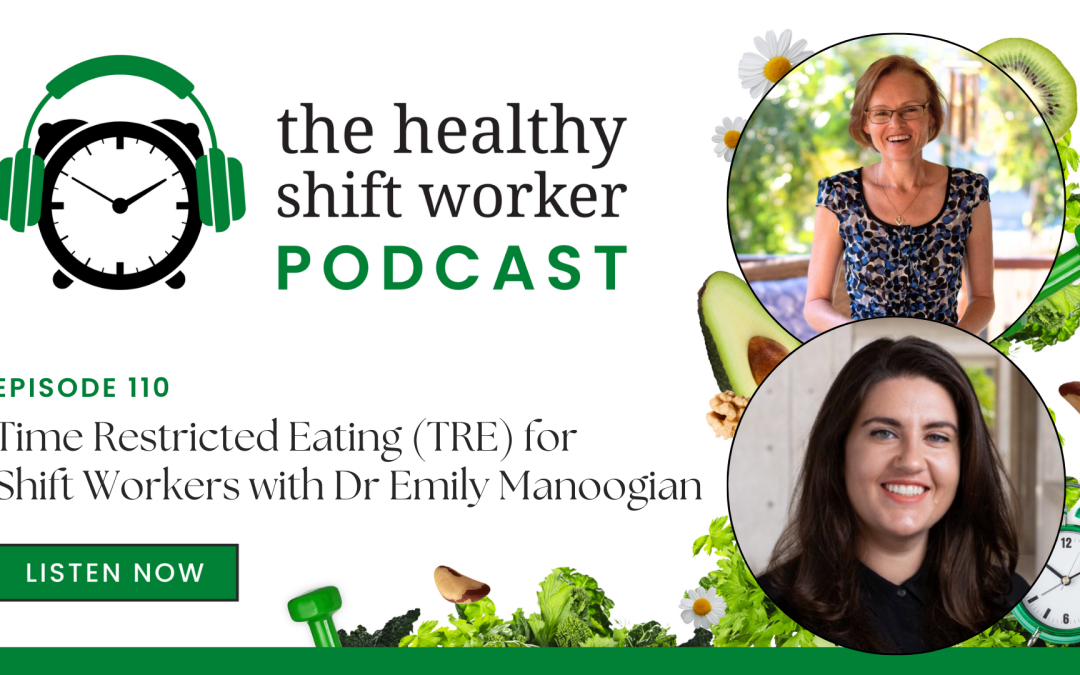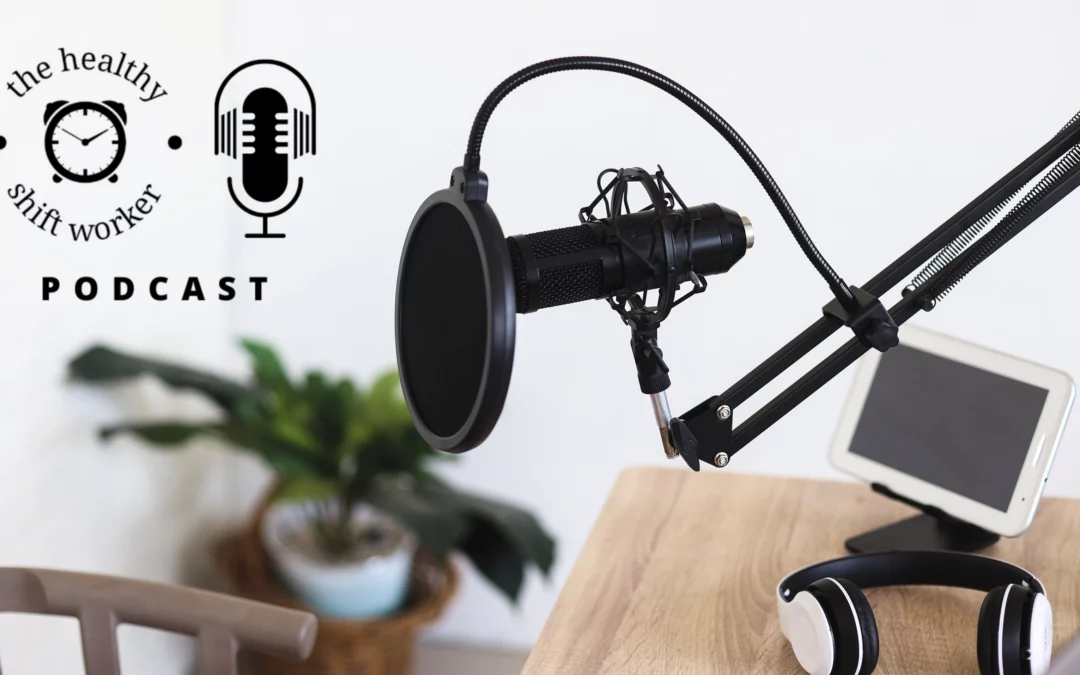
by Audra Starkey | Feb 21, 2024 | Podcast
In this podcast we talk to Dr Emily Manoogian, a postdoctoral researcher and chronobiologist from the Salk Institute in San Diego, California, as she shares research on how time restricted eating (TRE) improved the health of firefighters. Results from this randomised...

by Audra Starkey | Feb 16, 2023 | De-stress, Energy, Mindset, Sleep
There are a myriad of reasons that can contribute to fatigue. Some of which include low iron and an under-active thyroid. However, before spending a fortune 💰 on exhaustive testing, have you considered the real reason for your fatigue? As in – could it be...

by Audra Starkey | Oct 13, 2022 | HSW, Mindset, Night shift, Nutrition, Sleep
Have you been told health practitioners to “flip your meals” when working the night shift? As in have a big meal around midnight?I remember having to bite my tongue when one of my lecturers at University recommended to do this because instinctively I...

by Audra Starkey | Nov 29, 2018 | HSW, Podcast, Sleep
“Can splitting the timing of sleep reduce the adverse effects of night shift work?” It’s an interesting question, and one which was put forward by Dr Melinda Jackson who I met at the recent Sleep Down Under Conference here in Brisbane a few weeks ago. Melinda is...




